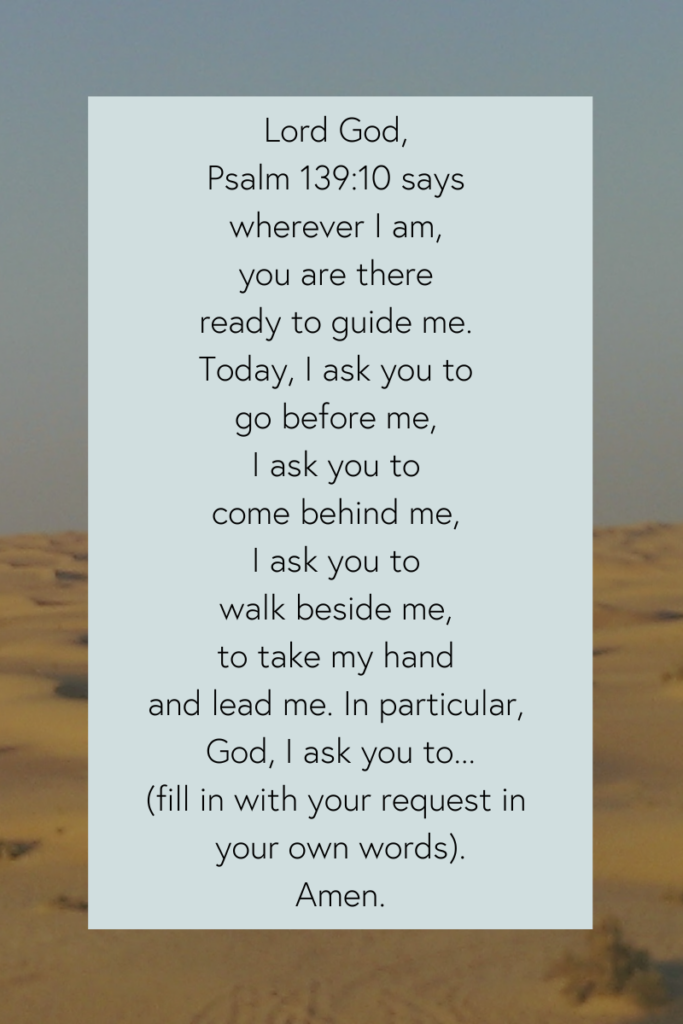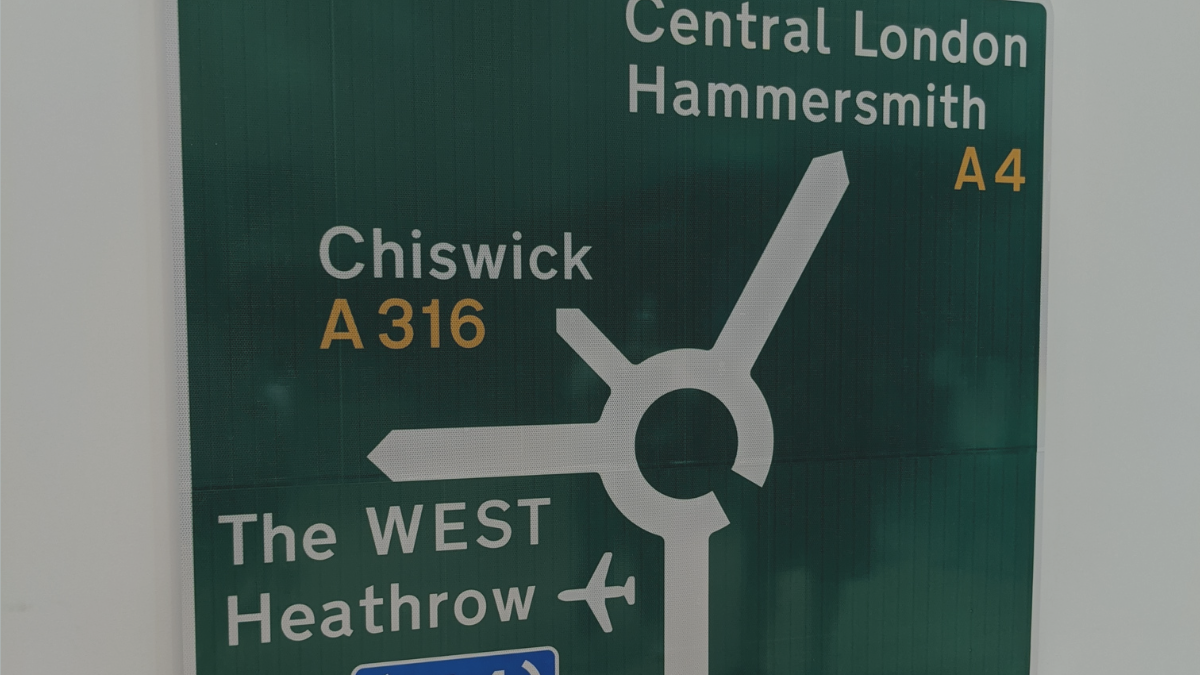Think about how you ask for directions. You make it simple, straightforward, and use words that you know, especially if you’re asking in a foreign language. It is the same when we ask God for guidance.
This is the next lesson we learn when praying for God to guide us. We’ve already realized it is important to appeal to God’s promises and trust him to lead us. We’ve also learned there is nothing wrong with using our common sense as well.
All these lessons are learned from Eliezer, Abraham’s servant when he was sent on a mission by Abraham to find a wife for Abraham’s son Isaac.
Eliezer’s Prayer
This was Eliezer’s prayer:
“Lord, God of my master Abraham,”—his appeal to God who made promises…
”See, I am standing beside this spring, and the daughters of the townspeople are coming out to draw water.”—his use of common sense…
”May it be that when I say to a young woman, ‘Please let down your jar that I may have a drink,’ and she says, ‘Drink, and I’ll water your camels too’—let her be the one you have chosen for your servant Isaac.”—his request and trust in God to guide him well.
Eliezer trusted in Abraham’s God who made promises and kept those promises—Eliezer had witnessed the fulfillment of God’s promise to give Abraham a son. Then Eliezer was commissioned with the responsibility of finding a wife for that precious son. What an honor!
To make sure he was successful in his mission, Eliezer traveled to Aram Naharaim and positioned himself by a well where he was most likely to meet a young woman going about her daily duties of collecting water.
Eliezer had set out to fulfill his mission and Eliezer relied on God to complete that mission.
The Crunch
When it came to the crunch point, Eliezer prayed.
Eliezer engaged with God.
This is where I want to pause and for us to consider something important.
Some Bibles translate the Hebrew word ‘mr to “prayed.”
However, the surprising thing is this specific word means “say,” “mention” or “think.”
The word “say” is such an ordinary, everyday word. As a writer, I would avoid using the word “say” because it can be bland. It would be better to say “he cried,” “he implored,” or perhaps “he whispered.”
“Eliezer said” is so ordinary. “Say” is something we do every day when we go to speak. It is casual.
But the important thing is that prayer, and asking for God’s guidance, should be as normal as everyday speaking.
Asking for guidance should be a regular part of our conversation with God, like stopping someone on the street who looks like a local and asking them for directions.
When we need help knowing which way to go, we don’t cloak our asking in obscure language, or go about it in a roundabout way. We get straight to the point. We’re direct.
And, the person we’ve asked for guidance, they are willing to help and direct us.
Asking God for guidance should be the same. Let’s get straight to the point in our prayers. Use language and words that are natural to you.
Let’s be bold and confident Let’s be specific. Let’s chat with God naturally. Let’s remember that he’s willing and keen to guide us.
And finally, like Abraham’s servant, let’s position ourselves for success.
Use this prayer to ask God for whatever you need today in a way that’s natural for you.
Pray

